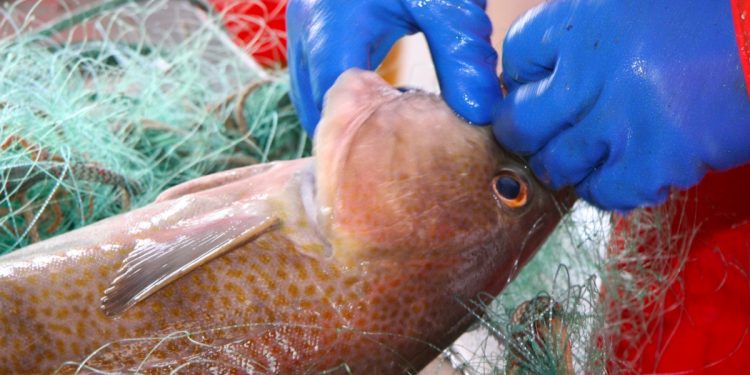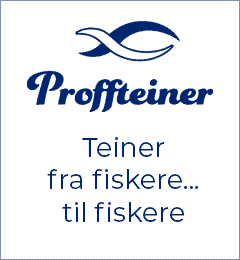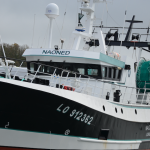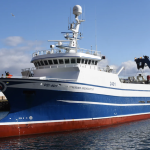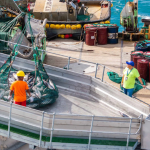The Danish Fishermen’s Association Has been deeply critical of the government’s proposal to introduce camera surveillance for the bottom trawl fishery in the Kattegat. As part of this year’s quota negotiations, Fisheries Minister Mogens Jensen tabled the proposal, which he believes will ensure sustainable quotas and protection of the cod stock.
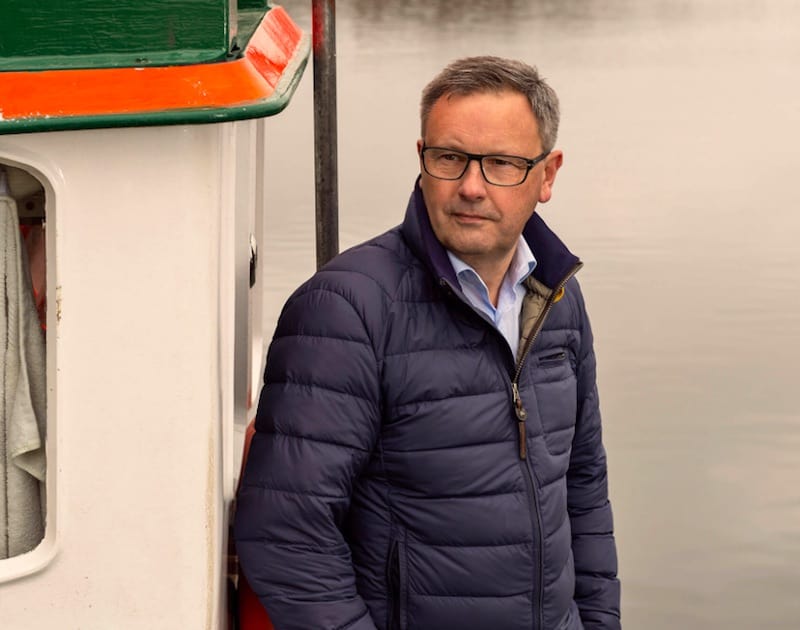
‘It’s a pity that the ministry uses phrases such as “sustainable quotas and protection of the cod stock” to justify a proposal that is completely out of proportion,’ said Svend-Erik Andersen, chairman of the Danish Fishermen’s Association.
‘Danish fishermen have an interest in a healthy cod stock in the Kattegat. Camera surveillance is an unnecessary measure and it is a waste of resources. Cameras do not generate cod in the Kattegat.’
He commented that as far as the Association is aware, camera surveillance has nowhere been imposed on fisheries.
‘Cameras on Danish vessels only will create unequal competition for Danish fishermen compared to the other EU countries. We have seen in the Baltic, that other EU countries do not want camera surveillance. Why should Danish fishermen not be treated on an equal footing with other fishermen in the EU? There must be common rules for EU fishermen,’Svend-Erik Andersen said.
He stated that Danish fishermen want to see a genuine dialogue on whether or not the camera is an appropriate tool, before such a drastic proposal should even be considered.
‘At the same time, camera surveillance opens up a number of ethical, economic and copyright dilemmas that need to be clarified. How are the recordings handled? Is it ethically acceptable to monitor people who are simply doing their job? Who pays for the monitoring?’ he asked.
‘We fear that the Danish fishermen will fish in other areas, to the detriment of the communities around the Kattegat. It is unfortunate that the Danish authorities, at a time when we are facing a Brexit that will affect the entire Danish fishing industry, are apparently busy conducting experiments with the Danish fisheries sector,’ Svend-Erik Andersen said.

